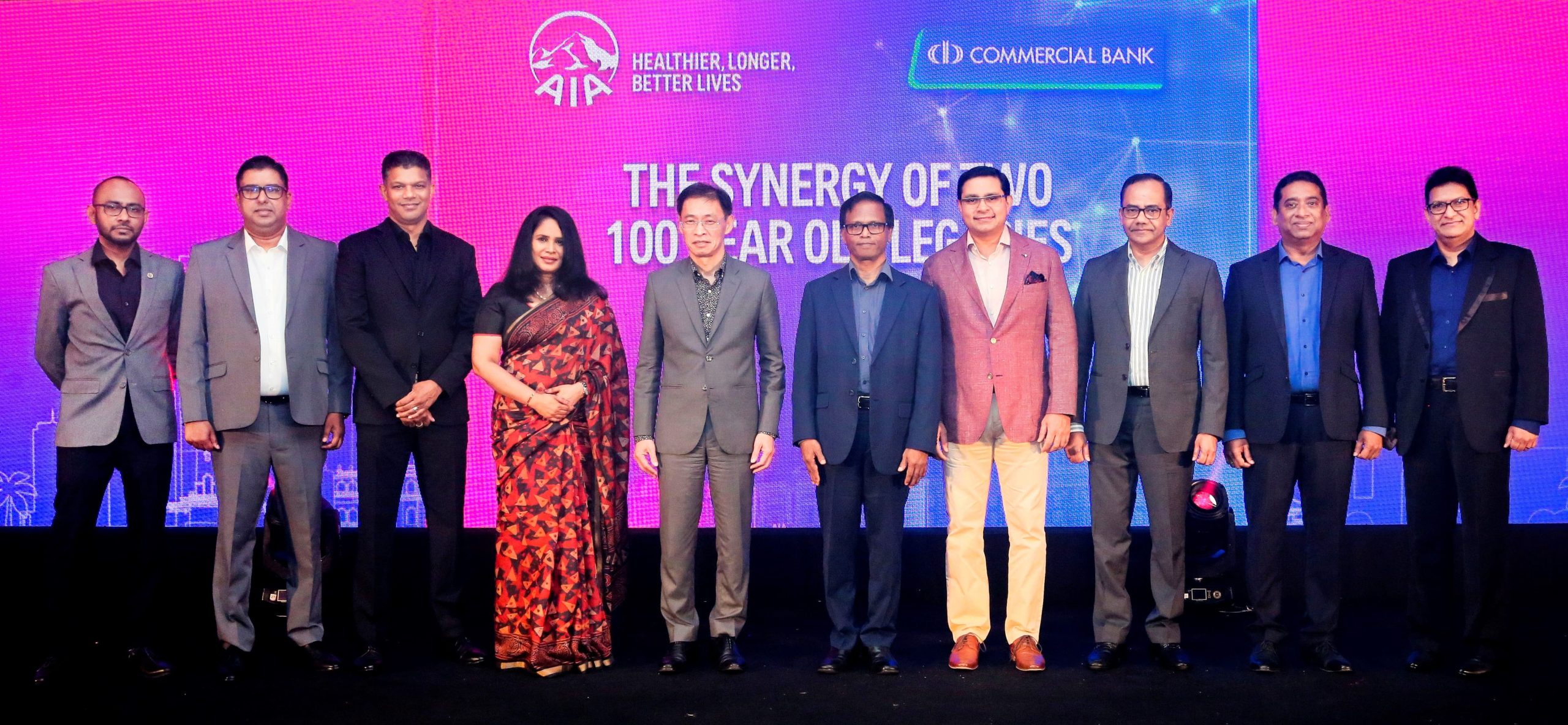Maturing in the trade of information technology while balancing the tenets of media, Anushka Bandara, the CEO of Elegant Media, outlines the future forecast for IT Service Exporters in Sri Lanka.
1.Functioning in an industry worth over 1.5 billion dollars, describe the role of IT Service Exporters in boosting the Sri Lankan Economy?
Looking at this present moment, Sri Lanka has depleted its foreign reserves and therefore finds it necessary to focus on various avenues to bring in foreign currency. “As a nation, we need to look beyond the traditional export channels of tea, rubber, coconut, apparel and tourism in order to overcome this situation; as regular inflows from migrant remittances are not reliable as well”, Anushka pointed out. With this notion in mind, Anushka explains, “I believe we can double the revenue from IT Services Exports by 2025.”
IT services as an export was valued at close to 1.5 billion USD in 2019. According to Anushka, he believes that Sri Lanka can easily increase that value to 3 billion USD within the next three years. Considering the potential of IT services as an export, Anushka states, “No other industry can promise to double its revenues within such a short period of time. This is the critical role that IT service exporters can play in helping to boost and uplift the country’s ailing economy.”
2.What steps should Sri Lanka take to achieve this goal of 3 Billion USD worth of IT service exports by 2025?
Targeting Advanced Level school leavers, Anushka hopes to provide them an affordable university education, enriched in quality. The courses and content must deliver the real skills needed by the industry. He states, “Today in Sri Lanka, there are many IT graduates who lack the skill set that is most required to thrive in the global IT industry. We also need to showcase the potential of IT as a solid career. If you have the right skills, the sky’s the limit, in response to an ever-increasing demand. If I can hire 40 Sri Lankan iOS developers tomorrow, I would hire them today.” He also claims that there is a significant global demand for mobile app developers and overseas customers are always on the lookout for the top tier of developers with great interest.
3.Describe the role of the government and authorities in promoting and supporting IT Service Exporters. Compare the ‘then and now’ situation, highlighting the recent disruption of the economy?
Anushka states, “In the past there was very minimal support provided by the government to the IT Industry and no IT company really wanted any help from the government up until the most recent round of power disruptions.” He continues, “Now we are facing a huge uphill task when it comes to completing and delivering our projects due to the energy crisis,
curfew and protests around the country.”
Enunciating his key message to the government, Anushka requests to prioritise the IT Industry when providing energy. He urges the authorities to assure the IT sector with uninterrupted power during working hours, to minimise interruptions to business operations.
He elaborates, “If this isn’t a practical long-term solution, I would at least propose to take short term goals in assisting the IT sector. For example, when distributing fuel, the IT sector can be considered as a priority industry. This would enable us to run our own generators smoothly and seamlessly in order to conduct our business.”
According to Anushka, the government of today therefore has a huge responsibility to bring the industry back on track and create a sense of stability. He also claims that the government should consider the promotion of Sri Lanka as a tech hub and IT services destination. “This could be similar to the lines of the tourism promotions in the mid-2000s under ‘A
land like no other’ or ‘Small Island – Big Trip’”.
Hoping for a feasible change in the longer-term, Anushka states, “The authorities should further accelerate and reinforce schemes and programmes, providing candidates with the right set of skills that are usually demanded by employers. Today, thanks to virtual classrooms, it is easily possible for the Sri Lankan IT students to obtain a world-class qualification directly via online learning.”
4. Share your perspectives on the impact of fuel shortages, protests and electricity disruption to employees of the IT Industry. How have you managed to tackle this situation as a company?
Contemplating 2022, Anushka recalls April as a particularly difficult month, amidst 13 hours of daily power interruption. He further adds, “my team was unable to keep up with their delivery schedules which put us in a tough spot as we cannot complain to our customers that we are incapable of delivering due to the energy situation in Sri Lanka. Only a few other countries such as Pakistan and Venezuela have similar problems.”
He continues, “The ongoing protests are also not helping our recovery as it disrupts the focus of team members causing a huge impact on productivity as well. The staff found it extremely difficult to report to work as a result of the constant travel disruptions and the yet ongoing fuel issue.”
In order to streamline operations, Elegant Media relaxed its working-from-office policy and left it to be an optional choice for their employees.
Furthermore, they organised substitute power solutions and for those employees who chose to travel to office, Elegant Media provided generated electricity to assist their working conditions. “This was the best rapid response we could have provided at the time, given the circumstances of running an ongoing active business”, states Anushka.
5. Overseas customers seek faster results and productive business partners. Taking into account the current situation of the country, guide us through your perspective on the future of the IT Service Export industry?
“In my opinion, if the island’s domestic economic and energy situation does not improve within the next six months, more than 50% of IT companies (especially those with foreign affiliations) would look at moving out of Sri Lanka”, Anushka comments.
Bracketing a larger number of concerns, the lack of energy in the country stands as a huge hindrance for future decisions. Looking towards the future, Anushka claims that Sri Lanka needs to think about a Boomerang Strategy, to survive!
He continues to explain, “Considering the fuel situation, if the government were to provide the required energy for IT service exporters, then the much needed foreign currency would flow in at this crucial juncture and help to support the economy.”
Anushka believes that re-classifying essential sectors is mandatory at this point in time. He furthermore believes that the IT service exporters must be given priority or at least a solution for the energy issues, helping them boomerang their way back in dollars.
Opining about the future, Anushka adds, “If the government were to do a cost analysis, they would be able to understand the long-term perspective on how IT service exporters can attract returns to the nation, especially during this vital time; as the foreign currency inflows are key to stimulating future economic growth.”
6. Brief us on Elegant Media and its operations. Enlighten us on your ways of managing over 100 remote developers in Sri Lanka?
Founded in 2010, Elegant Media is the largest mobile app developer in
Australia and New Zealand. Having worked with the Australian Government, Department of Defence, Army, Air Force and the Australian Taxation Office, to name a few of their valued customers, Elegant Media has developed over 1000 mobile apps for a range of customers across Australia, New Zealand, the United States and Sri Lanka.
Elegant Media follows a hybrid model of working, so each project will have an assigned team and a Project Manager based within the country of the customer. The core development team is based out of Australia, New Zealand and Sri Lanka, with additional remote teams in Eastern Europe and Ireland as well.
Projects at Elegant Media are connected through a virtual development process that drives success across different borders and time zones, in order to deliver value to all their customers.
In conclusion Anushka states, “This process ensures ultimate collaboration and communication when undertaking time sensitive projects with pre-agreed deadlines and milestones. All the Project Teams take utmost responsibility to shoulder the expectations and ensure the satisfaction of our clients.”


